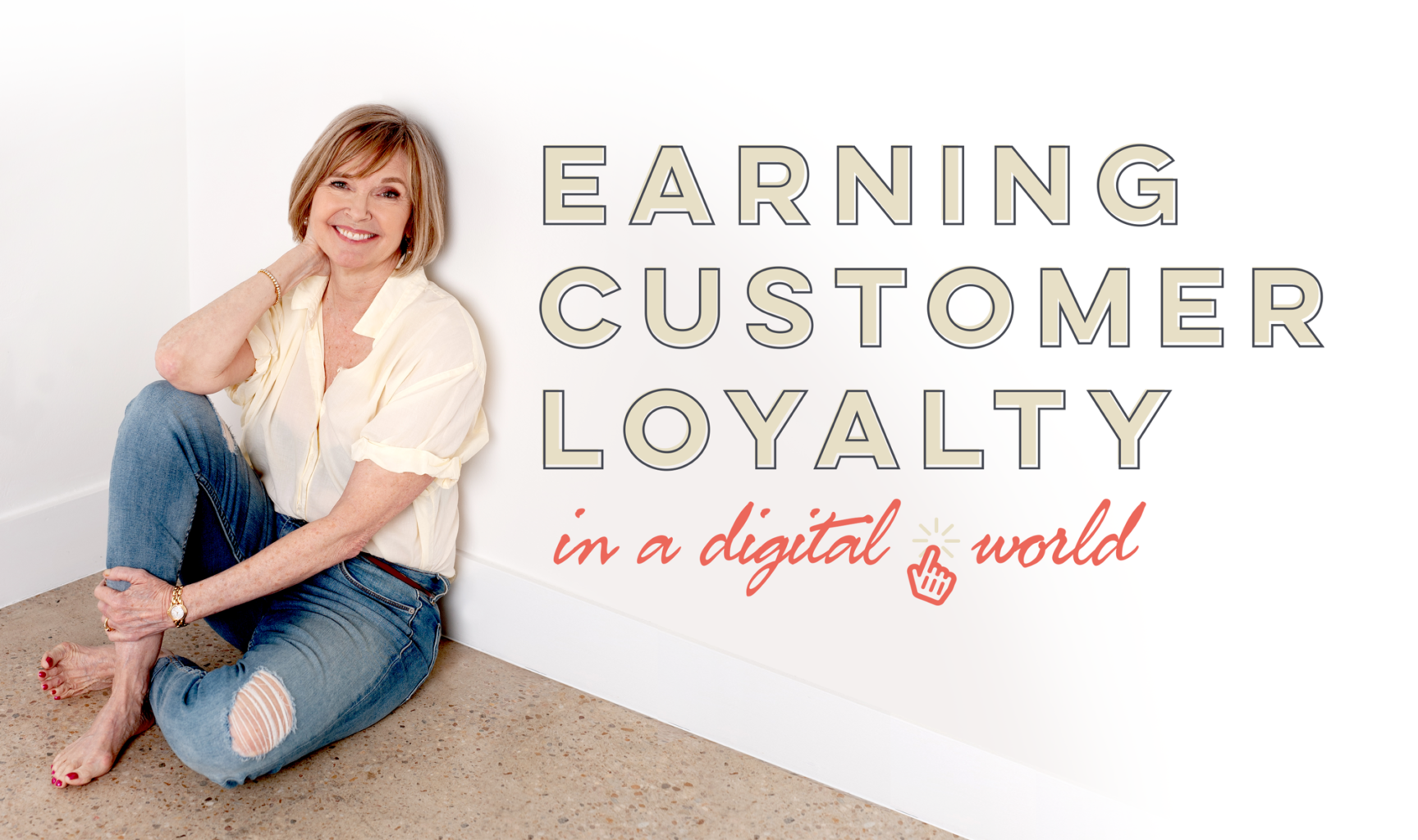
Where Diligence Can Lead You
Katherine Radeka is the founder and executive director of the Rapid Learning Cycles Institute and supports a growing global community of innovators in getting their best ideas to market faster. She has worked with companies on every continent except Antarctica and in industries from aerospace to alternative energy.
I had the opportunity to interview Katherine recently. Here are the highlights of that interview:
Jill Griffin: Where did you grow up? Describe your early childhood and its significance on your life.
Katherine Radeka: Neither of my parents went to college but it was clear from the time I was very young that my life would be different. I learned how to read from Sesame Street, The Electric Company and our local library, where I quickly graduated from picture books to Laura Ingalls Wilder and Nancy Drew.
I drove my parents crazy by taking things apart to see how they worked, and then not always being able to get them back together again. I loved blocks, Lincoln Logs, Legos — anything that you could use to build things. I loved screwdrivers, crescent wrenches, tape measures and levels.
I wasn’t considered a tomboy because I didn’t like sports, but I was much more interested in the boys’ side of the room than the girls’ side in Kindergarten.
Griffin: When did you first get the whisper you belonged in business?
Radeka: When other girls played “House” I played “Office” or built things with my Legos and Erector Set. I didn’t cook or bake so much as I ran experiments in the kitchen, such as baking cookies at different temperatures to see what would happen. Then when I encountered my first computer, an early Apple owned by a friend’s dad, it was love at first sight.
Griffin: Was there an early teacher that inspired you? Who and how?
Radeka: My 7th grade math teacher, Mrs. Schmidt, told me that when it was time for college, I should set my sights on Caltech or MIT. Since neither of my parents went to college at all, I would never have gotten that idea on my own.
I ended up at Reed College in Portland, Oregon, a small college which is best known by most people as the place that Steve Jobs dropped out of. I went there because Reed has a reputation for academic rigor and gets science students involved in research very early including an independent research project for graduation. After what Mrs. Schmidt had told me, it was exactly what I thought I needed.
Griffin: Describe a painful setback in your life and what it taught you.
Radeka: I couldn’t go to college right away — my family believed they couldn’t afford to send me. It took me four years to get to college after my graduation. I was bitterly disappointed that I wouldn’t be able to join my classmates and because of that the 2nd half of my senior year, when everyone else in my AP classes shared their acceptance letters, was very hard.
I could have gone to community college, but I thought that would close off my options for getting into a great school later, and I couldn’t imagine that could lead to the future I wanted.
Instead, I went to work in an entry-level clerical job at a brokerage firm and started to live on my own for the first time.
I leveraged that job into a position at Baylor College of Medicine as a medical transcriptionist, where the doctors in my area recognized that I could do more than type patient charts and I got to reconnect with my passion for science and technology.
They gave me more and more interesting work to do that was better aligned with my abilities. By the end, I developed a research database to make it easier to do statistical analysis.
With their help and these opportunities, I was able to put together a strong case to be admitted to Reed with a great financial aid package, in spite of being by then a nontraditional student.
The most important thing I learned from that is to never give up even when things look impossible and even if the goal is still years away. The second most important thing was to look for places where my talent would be recognized and encouraged.
Griffin: As you rose in your career, what obstacles did you encounter and how did you deal with these?
Radeka: The biggest obstacle I faced, especially early on, is that I didn’t have a professional role model for many years.
My AP classmates’ dads (and a few moms) were scientists or engineers or doctors, or at least had some kind of professional role. Until I met that group of doctors at Baylor, I didn’t have anyone like that in my life who could spell out the roadmap for me, and I didn’t have anyone in my life consistently until I joined Hewlett Packard, six years after I graduated from Reed.
There were a lot of things about the unwritten rules of professional success that my parents couldn’t teach me that others didn’t even know that they knew. For example, I didn’t know how important networking was and how much professional people leverage their contact networks to help each other, or that it was even OK to ask for that kind of help.
In the meantime, I made some important decisions that slowed me down, because I didn’t know about all the options and unwritten rules, starting with that first decision to not go to college right away.
Once I knew what a good mentor was, I’ve made sure that I’ve had them, and I serve now as a mentor and role model to others. It’s especially rewarding for me to work with young people who are also the first in their families to go past high school.
Griffin: What’s a great piece of business or life advice have you received, who gave it to you, and how has it enhanced your life?
Radeka: “It’s easier to act your way to a new way of thinking than think your way to a new way of acting.” This is sometimes known as “fake it until you make it” but I think this expression of that idea goes deeper than that.
In the beginning of my career, I did not at all feel like I belonged in the places that were exactly where I needed to be. No amount of thinking or reading was going to help me figure out what I needed to know that I didn’t know that would ease the discomfort.
The only way to learn is to show up, be present and contribute as much as possible. I learned that the discomfort is part of the process, it’s temporary and there are ways to minimize it for everyone, because a lot of other people feel it, too.
As a result, I feel comfortable in boardrooms and on factory floors, among PhD scientists and marketing managers, and working in cultures that are different from my own.
Griffin: Please give me the top 3 bullet points in your Personal Leadership Credo.
· Every person, even the most annoying, has inherent worth, dignity and something to contribute to this world; when treated with respect, they often surprise us with what they achieve.
· Leaders transform organizations when they model the changes they want to see in their own actions — when their followers see them doing the right things and not just talking about them.
· Leaders need quiet time every day — and the busier they are, the more that they need that time to reconnect with why they became leaders in the first place and what they hope to achieve.
Griffin: What advice do you have for young, talented, ambitious women who want to rise?
Radeka:
1) Master the art of capturing what you learn in your lab notebooks, and then developing your data into visual models that make your work more visible to others. In meetings, be the one to grab the marker and start drawing pictures. Master the modeling and simulation tools your company uses. Compelling models put your work at the center of attention and is not easy for others to co-opt.
2) Stay close to the technical side of the core business – stay away from Quality, HR, Operational Excellence roles and especially Marketing. Women who move into these roles top out a lot earlier, and never get another chance to take on a fully technical role — men also have this problem but to a lesser degree.
3) If you are looking for a job or an educational program, look for places that already have a demonstrated a track record of supporting women as professors, executives and tech leaders. A track record of supporting women’s careers is much more important than a woman-specific support network or leadership program.



